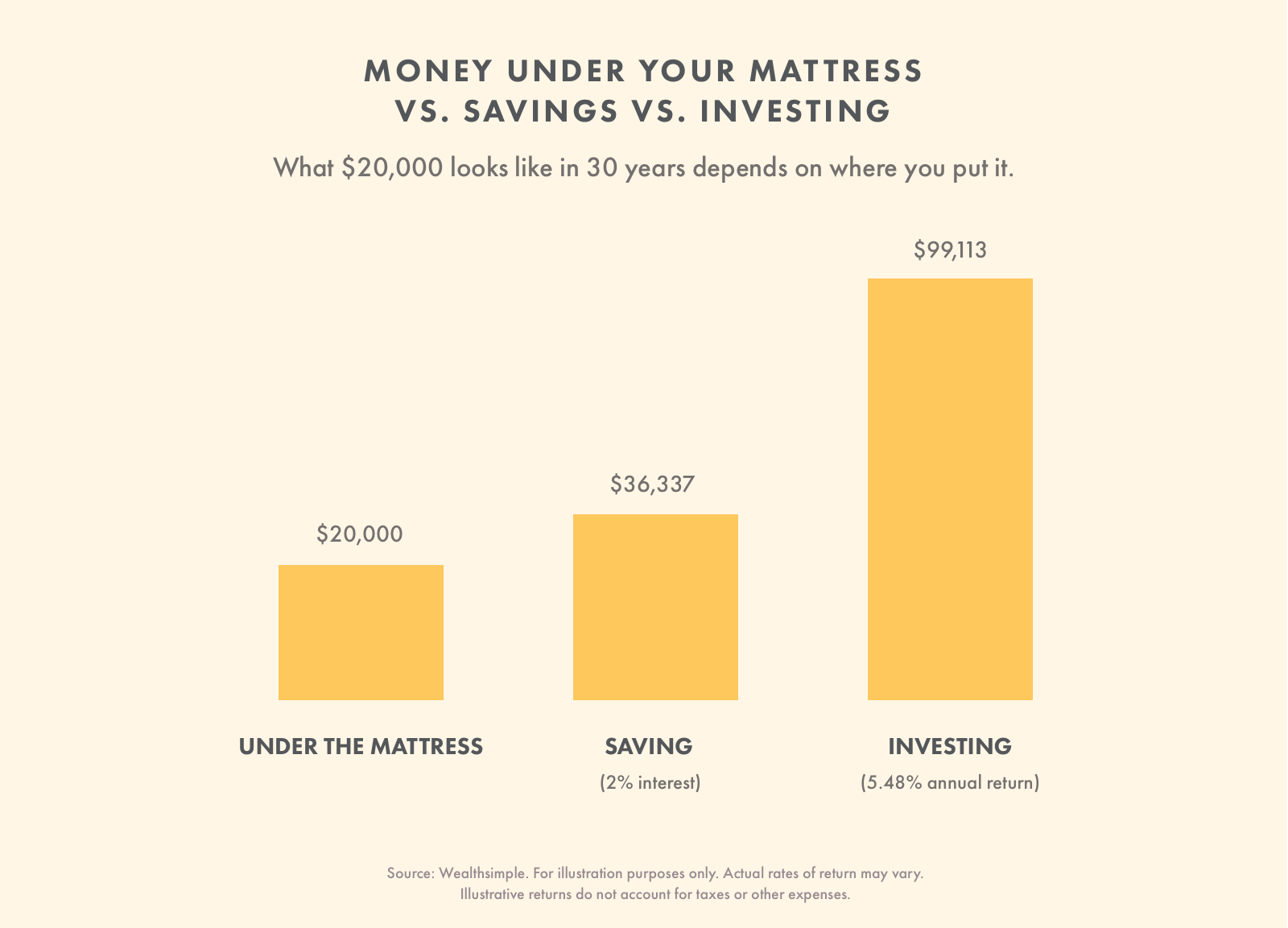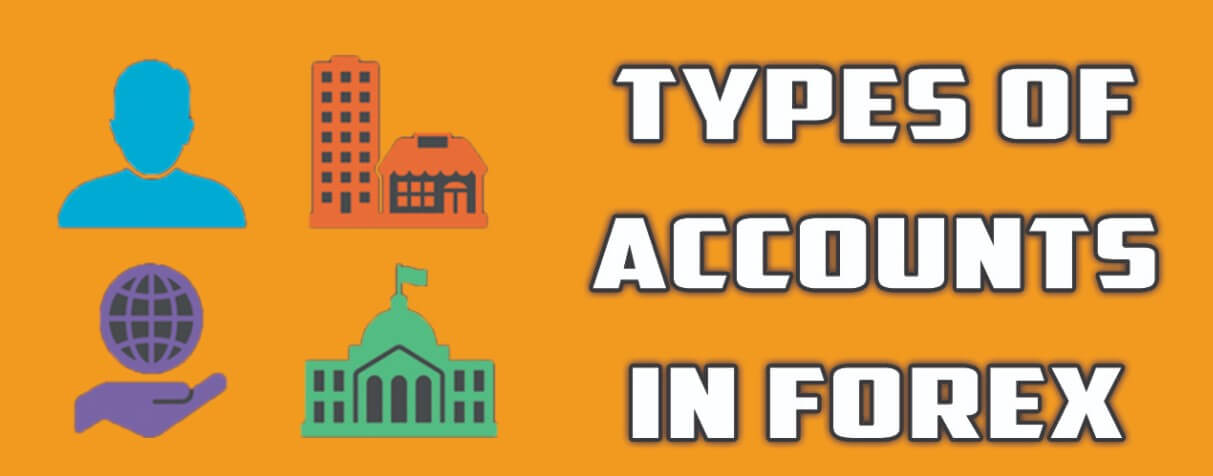
Managed futures offer the possibility of generating returns in both bull- and bear markets. They can also be highly diversified, allowing investors the ability to take positions in a wide range asset classes such as equities, fixed income, and commodities. To generate returns, the strategy employs trend-following signals as well as active trading. The strategy also offers high levels of diversification that allows investors to take positions in equities as well as commodities around the world.
Managed futures are a popular alternative investment strategy. These programs are often quantitatively driven. That means the manager is able to identify trends and execute trades based on these signals. These strategies are relatively volatile, but they are a powerful way to hedge risk in portfolios. They perform best when there are prolonged equity selloffs or market changes. But, past performance is not a guarantee of future results.

Managed futures contracts are often available in liquid structures. Positions can then be liquidated in minutes. In addition, these strategies are often negatively correlated to traditional assets, making them a good diversification play. A portfolio with managed futures may have a 5-15% allocation. This can provide volatility and diversification. It is also important to remember that a managed futures strategy may not be a good way to hedge against sudden market moves. However, investors who can recognize trend signals are more likely to be able to capitalize upon future price trends than those that are not.
A managed futures plan is often a combination of long and short strategies. This strategy uses both long and brief futures contracts for positions on a variety asset classes. This strategy is more volatile than a traditional long-only strategy and most managers aim for volatility levels between 10-20%. This volatility is usually closer to equity volatility than core bond volatility. In addition, managed futures strategies tend to perform best during prolonged market sell-offs or when the market is undergoing a regime change.
A commodity pool operator manages managed futures accounts. This company is regulated by CFTC. The CFTC requires operators to pass a Series 3 examination. The CFTC requires operators to register with the NFA. The NFA regulates large companies. It has the ability to make investment decisions for its clients through power of attorney.

Both institutional and individual investors can use managed futures strategies. Most funds are offered by large brokerage firms. Management fees can be very high for managed futures fund. A performance fee is usually 20%. This can make investing in managed futures funds unaffordable. They have been growing in popularity over the years. They also have strong performance in bear and bull markets. Investors who seek low-cost hedges against risk will find them attractive because they are available in transparent structures.
FAQ
What is a Bond?
A bond agreement is a contract between two parties that allows money to be transferred for goods or services. Also known as a contract, it is also called a bond agreement.
A bond is normally written on paper and signed by both the parties. This document contains information such as date, amount owed and interest rate.
The bond can be used when there are risks, such if a company fails or someone violates a promise.
Many bonds are used in conjunction with mortgages and other types of loans. The borrower will have to repay the loan and pay any interest.
Bonds are also used to raise money for big projects like building roads, bridges, and hospitals.
It becomes due once a bond matures. This means that the bond owner gets the principal amount plus any interest.
If a bond does not get paid back, then the lender loses its money.
What's the difference between the stock market and the securities market?
The securities market refers to the entire set of companies listed on an exchange for trading shares. This includes stocks, bonds, options, futures contracts, and other financial instruments. There are two types of stock markets: primary and secondary. Stock markets that are primary include large exchanges like the NYSE and NASDAQ. Secondary stock exchanges are smaller ones where investors can trade privately. These include OTC Bulletin Board (Over-the-Counter), Pink Sheets, and Nasdaq SmallCap Market.
Stock markets have a lot of importance because they offer a place for people to buy and trade shares of businesses. The value of shares is determined by their trading price. The company will issue new shares to the general population when it goes public. Dividends are paid to investors who buy these shares. Dividends are payments that a corporation makes to shareholders.
Stock markets not only provide a marketplace for buyers and sellers but also act as a tool to promote corporate governance. Boards of directors, elected by shareholders, oversee the management. Boards make sure managers follow ethical business practices. If a board fails to perform this function, the government may step in and replace the board.
How can people lose money in the stock market?
The stock market isn't a place where you can make money by selling high and buying low. It's a place you lose money by buying and selling high.
The stock market offers a safe place for those willing to take on risk. They want to buy stocks at prices they think are too low and sell them when they think they are too high.
They believe they will gain from the market's volatility. If they aren't careful, they might lose all of their money.
What is a REIT and what are its benefits?
A real estate investment trust (REIT) is an entity that owns income-producing properties such as apartment buildings, shopping centers, office buildings, hotels, industrial parks, etc. These are publicly traded companies that pay dividends instead of corporate taxes to shareholders.
They are similar to corporations, except that they don't own goods or property.
What are some advantages of owning stocks?
Stocks have a higher volatility than bonds. If a company goes under, its shares' value will drop dramatically.
If a company grows, the share price will go up.
Companies often issue new stock to raise capital. This allows investors to buy more shares in the company.
Companies use debt finance to borrow money. This allows them to access cheap credit which allows them to grow quicker.
If a company makes a great product, people will buy it. The stock price rises as the demand for it increases.
As long as the company continues producing products that people love, the stock price should not fall.
How does inflation affect stock markets?
Inflation is a factor that affects the stock market. Investors need to pay less annually for goods and services. As prices rise, stocks fall. You should buy shares whenever they are cheap.
How do you invest in the stock exchange?
You can buy or sell securities through brokers. A broker sells or buys securities for clients. Trades of securities are subject to brokerage commissions.
Brokers usually charge higher fees than banks. Banks will often offer higher rates, as they don’t make money selling securities.
You must open an account at a bank or broker if you wish to invest in stocks.
If you hire a broker, they will inform you about the costs of buying or selling securities. He will calculate this fee based on the size of each transaction.
Ask your broker:
-
To trade, you must first deposit a minimum amount
-
How much additional charges will apply if you close your account before the expiration date
-
What happens if your loss exceeds $5,000 in one day?
-
How many days can you maintain positions without paying taxes
-
How much you are allowed to borrow against your portfolio
-
Transfer funds between accounts
-
How long it takes to settle transactions
-
The best way to sell or buy securities
-
How to avoid fraud
-
How to get assistance if you are in need
-
Can you stop trading at any point?
-
Whether you are required to report trades the government
-
If you have to file reports with SEC
-
whether you must keep records of your transactions
-
If you need to register with SEC
-
What is registration?
-
How does it impact me?
-
Who should be registered?
-
What time do I need register?
Statistics
- Even if you find talent for trading stocks, allocating more than 10% of your portfolio to an individual stock can expose your savings to too much volatility. (nerdwallet.com)
- For instance, an individual or entity that owns 100,000 shares of a company with one million outstanding shares would have a 10% ownership stake. (investopedia.com)
- US resident who opens a new IBKR Pro individual or joint account receives a 0.25% rate reduction on margin loans. (nerdwallet.com)
- Our focus on Main Street investors reflects the fact that American households own $38 trillion worth of equities, more than 59 percent of the U.S. equity market either directly or indirectly through mutual funds, retirement accounts, and other investments. (sec.gov)
External Links
How To
How to make a trading program
A trading plan helps you manage your money effectively. It helps you identify your financial goals and how much you have.
Before setting up a trading plan, you should consider what you want to achieve. It may be to earn more, save money, or reduce your spending. You may decide to invest in stocks or bonds if you're trying to save money. You could save some interest or purchase a home if you are earning it. If you are looking to spend less, you might be tempted to take a vacation or purchase something for yourself.
Once you decide what you want to do, you'll need a starting point. This depends on where you live and whether you have any debts or loans. You also need to consider how much you earn every month (or week). Income is what you get after taxes.
Next, you'll need to save enough money to cover your expenses. These expenses include rent, food, travel, bills and any other costs you may have to pay. These all add up to your monthly expense.
The last thing you need to do is figure out your net disposable income at the end. This is your net income.
Now you know how to best use your money.
Download one online to get started. You can also ask an expert in investing to help you build one.
Here's an example: This simple spreadsheet can be opened in Microsoft Excel.
This graph shows your total income and expenditures so far. You will notice that this includes your current balance in the bank and your investment portfolio.
Here's another example. This was created by an accountant.
It will help you calculate how much risk you can afford.
Remember, you can't predict the future. Instead, think about how you can make your money work for you today.